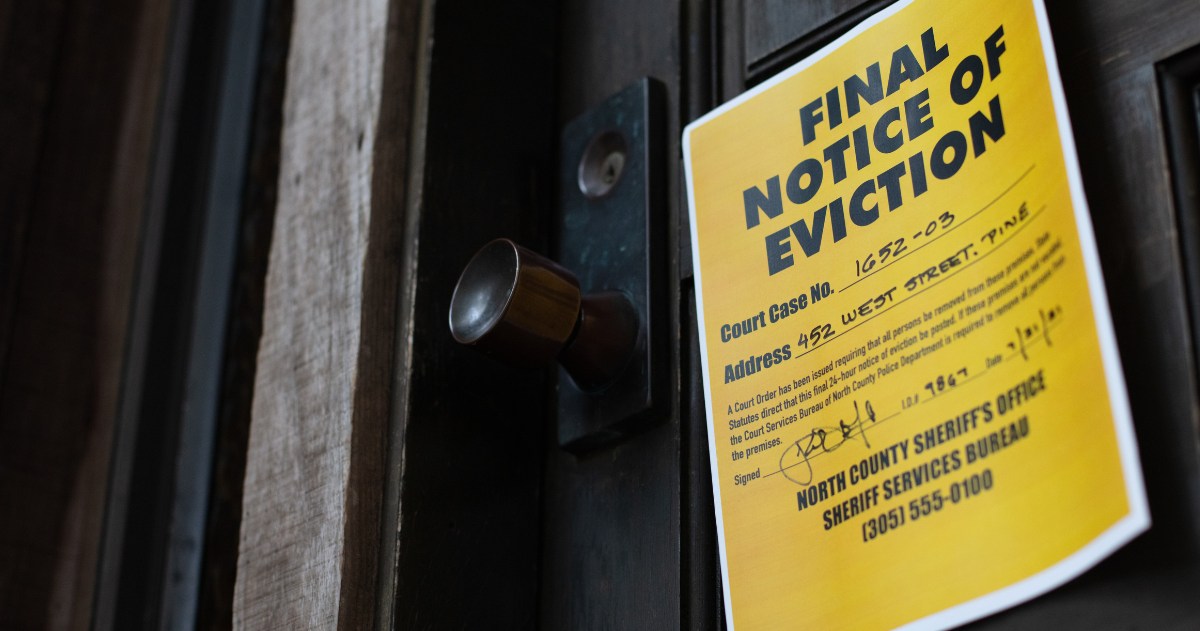The city of Toronto is considering implementing rules for short-term rentals offered by platforms like Airbnb. The proposed regulations have been anticipated by city officials for some time, focusing on creating a registry of landlords and potentially only allowing short-term rentals of rooms in principal residences. While the implementation of new regulations and the growing popularity of short-term rentals may seem daunting to investors with full-time rental properties, there are a few reasons why you shouldn’t be worried.
Less reliable than long-term
Short-term letting has become increasingly popular in the city, especially with tourists and visitors looking to escape expensive hotels. While this may seem like a more profitable option at first glance, there are quite a few drawbacks when compared to long-term, “regular” rentals. Renters have a higher chance of falling through due to the non-committal nature of short-term renting and there is a lack of consequences for dropping a rental at the last minute.
Renters spending a short amount of time most likely won’t treat your home with the necessary amount of care, increasing the likelihood of renters damaging your property and leaving you to cover the damages yourself. While short-term rental platforms like Airbnb are great when arranging for tenants to stay at your home while you are away or in your in-law suite, they are far less reliable than renting to long-term tenants.
More work for landlords
Property management becomes a major factor when dealing with short-term rentals, turning what seems like a simple task into a lot of work for landlords. Short-term rentals can very quickly turn a landlord into a hotelier who is in charge of cleaning and doing maintenance before new visitors arrive, arranging for key delivery and answering visitor queries among other tasks. This extra work can be extremely time-consuming for landlords, taking up valuable time that should be spent on more important things.
Another issue arises with the behaviour of short-term renters, which is much more difficult for landlords to enforce than long-term arrangements. Ensuring that visitors are not breaking laws on your property becomes far more complicated, leading to potential legal trouble and issues with neighbours. Some condominium properties have already begun to enforce anti-Airbnb rules for this very reason. Enforcing noise and traffic/parking rules can also become far more difficult for landlords, risking the alienation of neighbours. While it’s easy to give guests a list of rules to follow in your home, it becomes much more difficult for you to enforce them because of the short-term nature of their stay and your absence from the situation.
Less protection for landlords
Hosting frequent short-term rentals leaves landlords with no more protection than that offered by Airbnb or similar platforms. They do not have access to the protections overseen by the Landlord and Tenant Board, leaving room for short-term tenants to abuse or take advantage of them. While the Landlord and Tenant Board often skews towards protecting tenants in many situations, it is still there to protect property owners and landlords when negative situations arise. Without the protections offered by the Board, resolving disputes with visitors can quickly become messy and time-consuming for landlords.
So why do people list properties on Airbnb?
The overwhelming reason to list a rental property on Airbnb is financial, and it is especially tempting if your property is in the downtown core as these properties rent short-term at a premium similar to hotel rooms. If you do choose to do this, be aware that new regulations may be coming which prevent it, and budget for extra time and money to cover damages. You have to decide if you want to run a hotel or be a landlord. If you are thinking long-term with your property investment, being a landlord is the better choice.
As Toronto lawmakers move closer to implementing rules and regulations for short-term rental platforms such as Airbnb, rental property owners can sleep soundly knowing that they have nothing to fret over. Short-term rentals bring with them a host of extra responsibilities and time-consuming tasks for landlords, and don’t have the comfort of legal protections and overseeing bodies – making them less worthy of your time than traditional long-term rentals.
If you’re a rental property owner in Toronto looking for information on how you can make managing your rental property a seamless experience with Highgate Properties, visit our website or contact us today!





